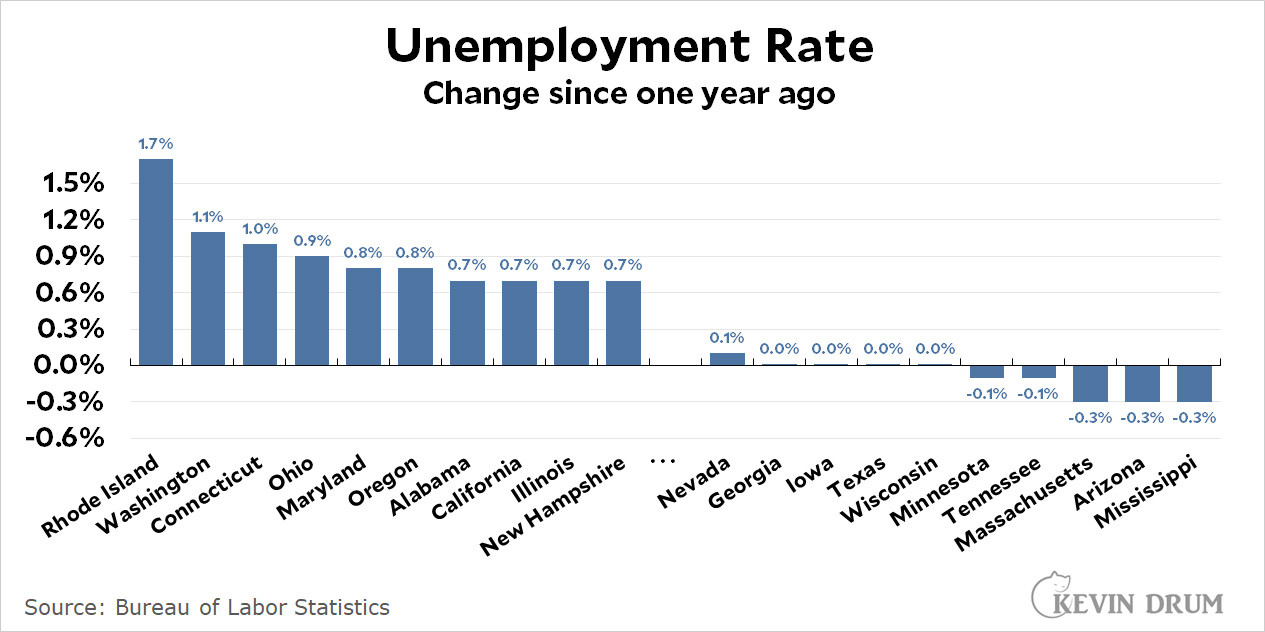The Julian Assange plea deal is a little more interesting than I initially thought. To simplify considerably, there were basically two things Assange was charged with:
- Obtaining and distributing classified national defense material.
- Actively helping Chelsea Manning obtain the material. In particular, prosecutors alleged that Assange "agreed to crack a password hash stored on U.S. Department of Defense computers."
The charges of distributing classified information were problematic because Assange was plainly not a spy. He was in the business of gathering classified documents and then publishing them widely. This is the same thing that journalists do routinely.
Conversely, cracking a password and then giving it to a source is not something journalists do routinely. That part of the indictment was relatively uncontroversial—though it might have been difficult to prove in court.
But it wasn't part of the single count that Assange agreed to plead guilty to. The plea deal very explicitly avoids the hacking offense and charges only that Assange violated the Espionage Act by receiving and distributing classified documents. This is precisely the precedent that journalists objected to.
A plea deal doesn't officially set a precedent, but in effect the Department of Justice is making it clear that it can and will prosecute someone who does nothing more than publish classified information.
Why? Assange has denied that he hacked a password, so this deal allows him to maintain that denial. Conversely, he obviously did publish classified documents, so the plea deal requires him to admit nothing new. Perhaps that was part of it? Or perhaps DOJ very specifically wanted to make it clear that it would prosecute even a journalist if the leaked documents were sufficiently harmful.¹
I don't know if we'll ever learn more about the motivations behind this. In any case, I remain a little befuddled about how Assange could have been indicted in the first place since he's not a US citizen and wasn't resident in the US or subject to US laws when he published the leaks. It turns out this is a bit of a complicated question, but apparently there are indeed circumstances in which US law has a global reach.
¹In particular, the government alleged that Assange published documents that contained the names of human sources:
The superseding indictment charges that Assange then published on WikiLeaks classified documents that contained the unredacted names of human sources who provided information to United States forces in Iraq and Afghanistan, and to U.S. State Department diplomats around the world. These human sources included local Afghans and Iraqis, journalists, religious leaders, human rights advocates, and political dissidents from repressive regimes. According to the superseding indictment, Assange’s actions risked serious harm to United States national security to the benefit of our adversaries and put the unredacted named human sources at a grave and imminent risk of serious physical harm and/or arbitrary detention.




